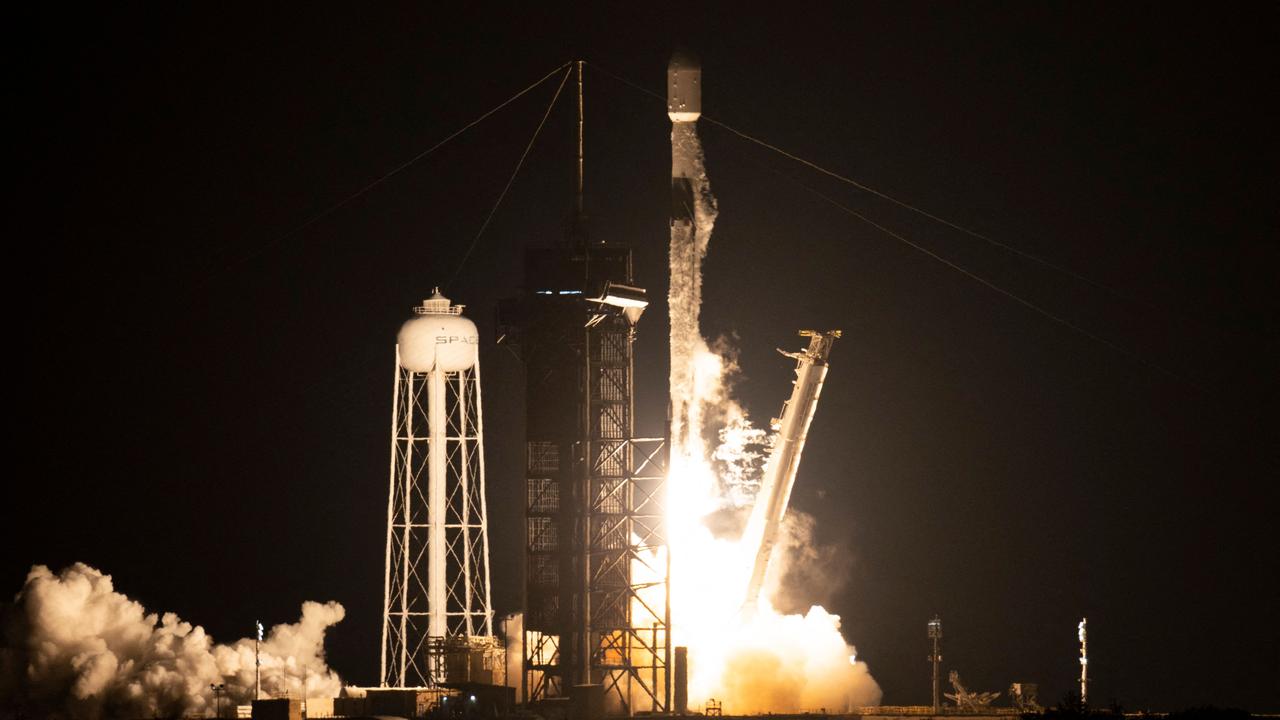Network Attached Storage: Store stuff away from prying eyes
Network Attached Storage can transform a home network into a private cloud powerhouse.

Network Attached Storage can transform a home network into a private cloud powerhouse. NAS boxes are truly the missing link in home networks, probably because relatively few understand their use and potential. Yet everyone should consider a NAS.
They can offer you terabytes of private cloud storage that isn’t housed overseas and potentially under the control of foreign governments, or controlled by the likes of Amazon, Microsoft, Google or Apple. There’s no annual fee to pay. As long as you secure it, the data stays inside your home and business.
NASs are getting even more versatile and powerful. I have been trialling the DiskStation DS918+ by Synology, one of three Taiwanese brands that make the best NAS boxes in the world. It’s technology that Taiwan excels at.
A NAS is a black box that houses a small computer that has bays where you slide storage in and out: hard disk drives and solid state drives. You leave it on 24-7.
The DS918+ uses Synology’s Linux based operating system called “DiskStation Manager” that you access through a browser. It has an easy-to-use interface, and there’s lots of apps you can download and run.
Synology has 15 apps that lets you interact with your data on phones and tablets when you’re at home or out-and-about. You can access photos, videos, audio and other files just as you might with Google Drive and Microsoft OneDrive. You can encrypt your data. The qualification here is that your need a reasonably fast internet upload speed.
The DS918+ has four bays where you slide in and out 4 x 3.5-inch or 4 x 2.5-inch SATA hard drives and bays for 2 solid state drives that cache content.
Given the NAS costs $768, you may think buying 4 HDD’s makes it very expensive, but it really isn’t. Online today I can buy a 1TB Western Digital NAS for $88, 4TB for $195 and 10TB for $597. A total of 40,000 GB from 4 x 10TB drives is maybe enough storage for your current life and next several incarnations, so you probably don’t need to go that far.
In reality you get the DS918+ to store the same data on different disks using a feature called RAID (Redundant Array of Independent Disks). It sounds very technical, but if one hard drive crashes and is unusable, you can swap it for another drive and the NAS recreates the contents that was on that defunct drive.
DiskStation Manager also has apps for backing up your data offsite. Cloud Sync can sync files to 10 public cloud services and there’s specific apps for backups to services such as Amazon Glacier. You can backup and sync data across all your devices, and backup a NAS to another NAS in a different office.

The DS918+ offers loads of functionality, far too much to cover in this review. You can opt to make media available to people on your home network. The DS918+ can house your 4K video library and stream it to your TV, house your lifelong photo collection, movie and music collections and make them available around home.
It can download files using peer-to-peer services such as BitTorrent, be a control centre for home security cameras, and host your Wordpress, Drupal or Joomla websites and make them available to the world. Instead of using Gmail or other public services, you can host your mail on the NAS.
Synology recently released a Beta version of its Virtual Machine Manager that lets you create and run Windows and Linux virtual machines from your NAS. This can be useful as a test environment for new software. I created and ran Ubuntu Linux & Windows 10 virtual machines. They work but the Windows VM struggled. If you want to use VMs I’d recommend upgrading memory from 4GB to 8GB or using a faster device.
A few years ago NAS boxes simply weren’t powerful enough to do anything like this, nor could they hardware transcode 4K video as they do now. The DS918+ has an Intel Celeron J3455 2.3GHz quad core processor.
Synology is matching some app features in public cloud, for example, machine learning features found in iOS Photos and Google Photos. Its Moments app, available in Beta, can identify objects in images and sort photos by person, location and time. The Drive app, also in Beta, lets you open different file types on your smartphone and tablet.
The DS918+ has 2 x 1 Gigabit Ethernet ports for ultra fast streaming, an eSATA port for an external drive and USB3.0 ports on the front and back.
The DS918+ is pitched at prosumers and with its quad core chip set, and 4K streaming with hardware encoding, is an excellent addition to your home network.
Synology too is branching out. Vice president Derren Lu said the company’s new router offers the speed and security needed on networks with its NAS boxes.
Synology DiskStation DS918+
Price: $768
Rating: 8/10



To join the conversation, please log in. Don't have an account? Register
Join the conversation, you are commenting as Logout